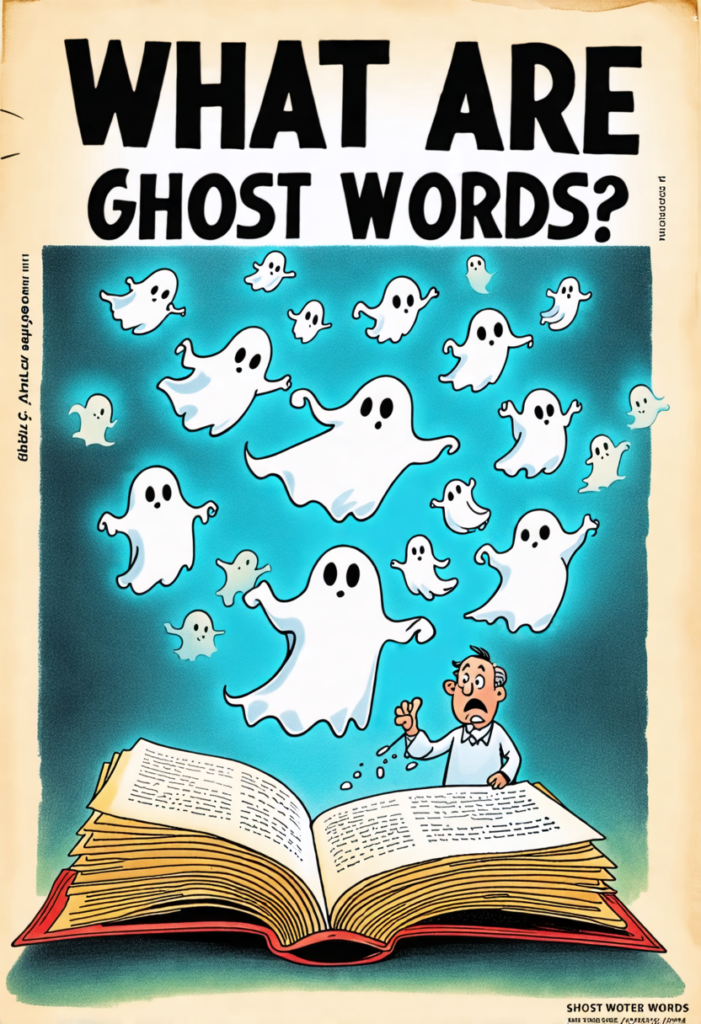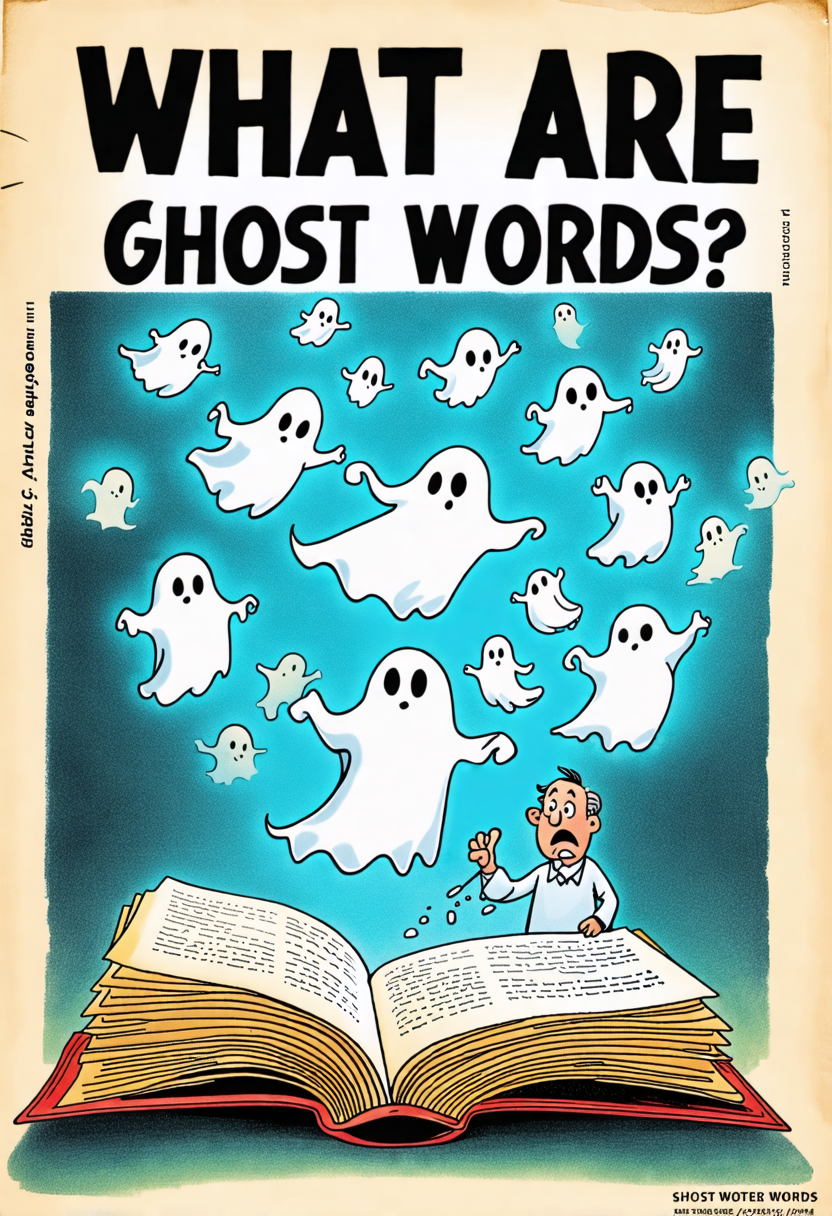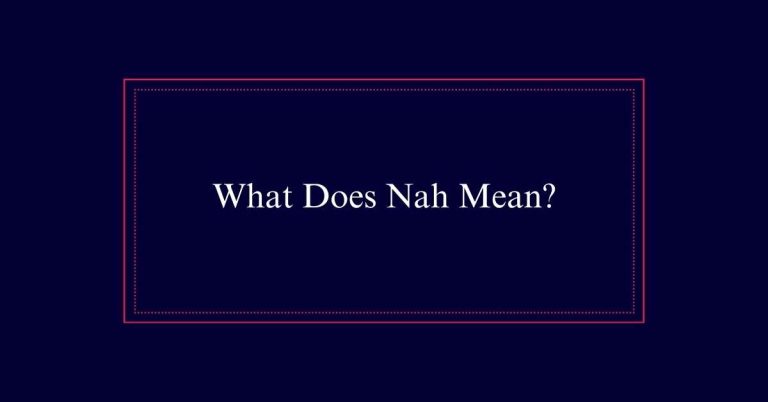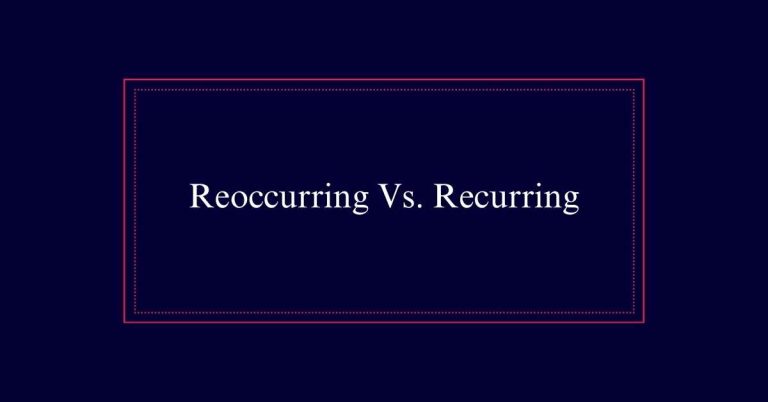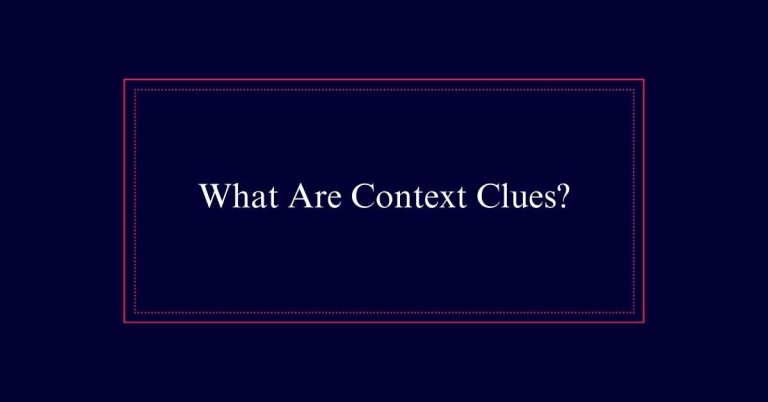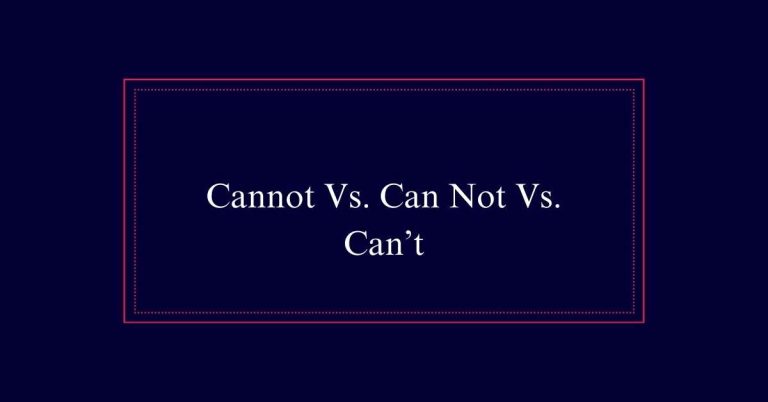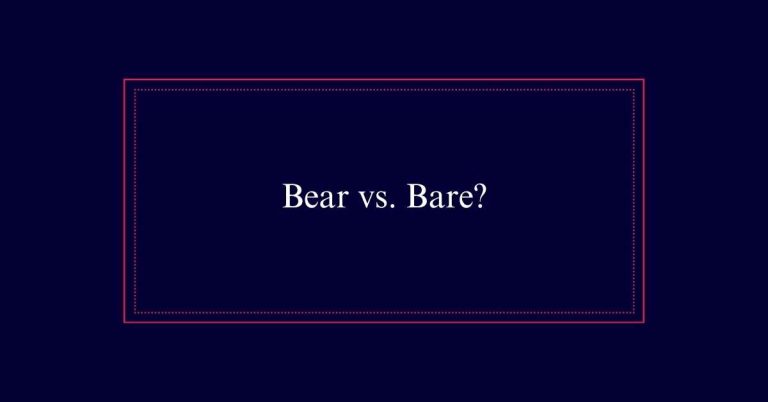What Are Ghost Words?
Ghost words are non-existent terms that appear in dictionaries due to errors in transcription, misinterpretations, or misunderstandings. These words, which Professor Walter William Skeat coined in 1886, have no actual usage or meaning in any language. Notable examples include ‘abacot’ and ‘kimes.’ The term ‘dord,’ mistakenly defined as ‘density,’ showcases how such errors occur.
Ghost words emphasize the need for meticulous editing in lexicography to maintain linguistic accuracy. There are also intentional inclusions, like ‘esquivalence,’ used for copyright protection.
Defining Ghost Words
Ghost words are non-existent words that mistakenly appear in dictionaries. They result from errors in transcription, misreadings, or misunderstandings during the compilation process. These words have no actual usage or meaning in any language.
Professor Walter William Skeat first used the term in 1886. He sought to identify and eliminate such erroneous entries from dictionaries. Examples include words like ‘abacot’ and ‘kimes,’ which have no real-world application.
The presence of ghost words in dictionaries highlights the complexities and challenges involved in lexicography. Detecting and removing these false entries is essential for maintaining the integrity and accuracy of linguistic resources.
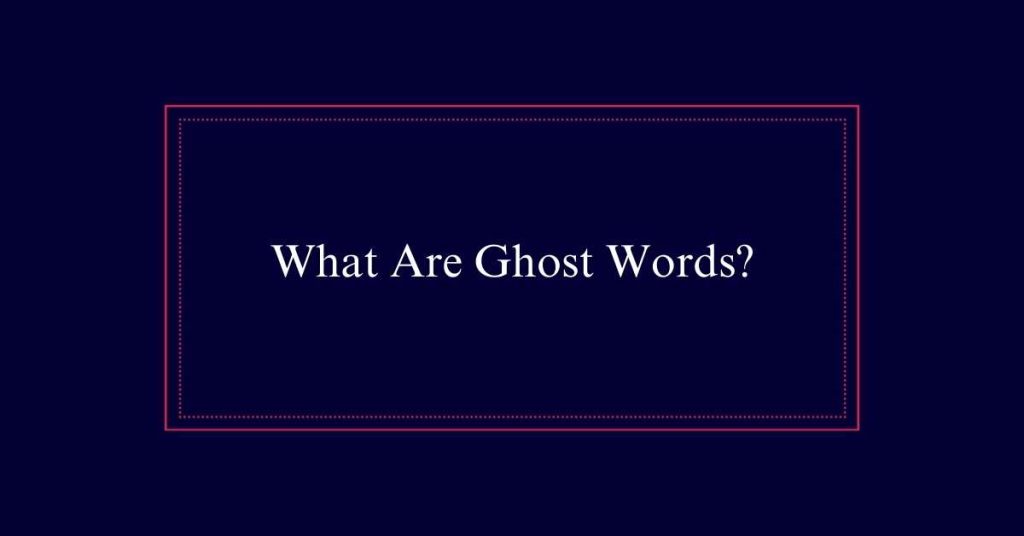
The Case of Dord
One notable example of a ghost word is ‘dord,’ which mistakenly appeared in the 1934 Webster’s dictionary. The error stemmed from a misreading of a note regarding the abbreviation for ‘density,’ which was intended to be ‘D or d.’ This oversight led to ‘dord’ being defined as a noun meaning ‘density.’ The mistake went unnoticed until 1939, when it was eventually corrected.
To summarize the key points:
- Origin: Misinterpretation of a note.
- Meaning: Incorrectly defined as ‘density.’
- Discovery: Identified and corrected in 1939.
- Significance: Highlights the phenomenon of ghost words in dictionaries.
Historical Examples
Historical examples of ghost words provide valuable insights into the errors and quirks of early lexicography. One notable example is ‘abacot,’ a non-existent word that appeared in dictionaries due to a misunderstanding of ‘bycoket,’ a type of hat.
Another instance is ‘kimes,’ which mistakenly replaced ‘knives’ in a text. The word ‘morse,’ listed as a type of walrus, was also a misinterpretation.
Richard Paul Jodrell erroneously combined the words “phantom” and “nation” to create the term “phantomnation.” Dr. Samuel Johnson’s Dictionary of 1755 included ‘foupe’ and ‘adventine,’ both ghost words arising from misreadings.
Skeat’s Contribution
Professor Walter William Skeat played a significant role in identifying and coining the term ‘ghost word’ in 1886. His work in lexicography shed light on erroneous entries in dictionaries that had no legitimate usage or origin. Skeat’s meticulous research highlighted several notable ghost words:
- Abacot: A misreading of ‘bycoket’, a type of medieval cap.
- Kimes: An incorrect entry with no historical basis.
- Morse: A misunderstood word, erroneously included.
- Phantomnation: A term evolving from ‘phantom nation’, solidified by Richard Paul Jodrell.
Intentional Inclusions
Some ghost words are deliberately inserted into dictionaries as a means of copyright protection. These intentional inclusions are known as nihilartikel. They serve to identify unauthorized reproductions of dictionary content.
An example is the non-existent word ‘esquivalence,’ which was defined as avoiding official responsibilities. By inserting such ghost words, publishers can trace and prove copyright infringement if these false entries appear elsewhere.
Nihilartikel are carefully crafted to blend seamlessly with genuine entries. This practice underscores the importance to which lexicographers go to protect intellectual property. Although these ghost words do not exist in actual usage, their presence plays a vital role in safeguarding the integrity of published works.
Copyright Traps
ILexicographers strategically use ghost words as copyright traps to find unauthorized copies of their work.These intentional fabrications serve as unique markers, making it easier to spot illicit copies.
By inserting a ghost word, a dictionary can protect its intellectual property. These traps are effective because they are:
- Unique: Ghost words are invented and therefore easily identifiable.
- Traceable: Their presence in another work signals potential infringement.
- Inconspicuous: They blend in, making them hard to spot without prior knowledge.
- Legal Proof: They provide evidence in copyright disputes.
Such tactics underscore the challenges faced in safeguarding original content, ensuring that lexicographic efforts are rightly attributed.
Lexicographic Challenges
Managing the complexities of lexicography involves tackling the myriad challenges that arise during the compilation and revision of dictionaries. One significant challenge is ensuring the accuracy of entries. Mistakes like ghost words can slip through due to human error or misinterpretation. Ensuring thorough cross-referencing and verification of sources is vital.
Additionally, the rapid evolution of language requires constant updates. Lexicographers must discern which new words gain permanent usage and which are fleeting trends. Balancing inclusivity with precision is another hurdle. Each entry must be carefully vetted to avoid erroneous inclusions.
The case of ‘dord’ exemplifies how a simple misreading can lead to lasting errors, underscoring the need for meticulous attention to detail in lexicographic work.
Linguistic Significance
The discovery and study of ghost words reveal deeper insights into the intricate relationship between language and its documentation. These erroneous entries highlight the complexity of language compilation and the challenges faced by lexicographers.
Ghost words are linguistically significant for several reasons:
- Understanding Errors: They show how small mistakes can lead to significant misunderstandings.
- Historical Context: They offer a glimpse into past lexicographic practices and errors.
- Evolving Language: They reflect how language and its recording evolve over time.
- Lexicographic Caution: They serve as important lessons for future dictionary makers.
